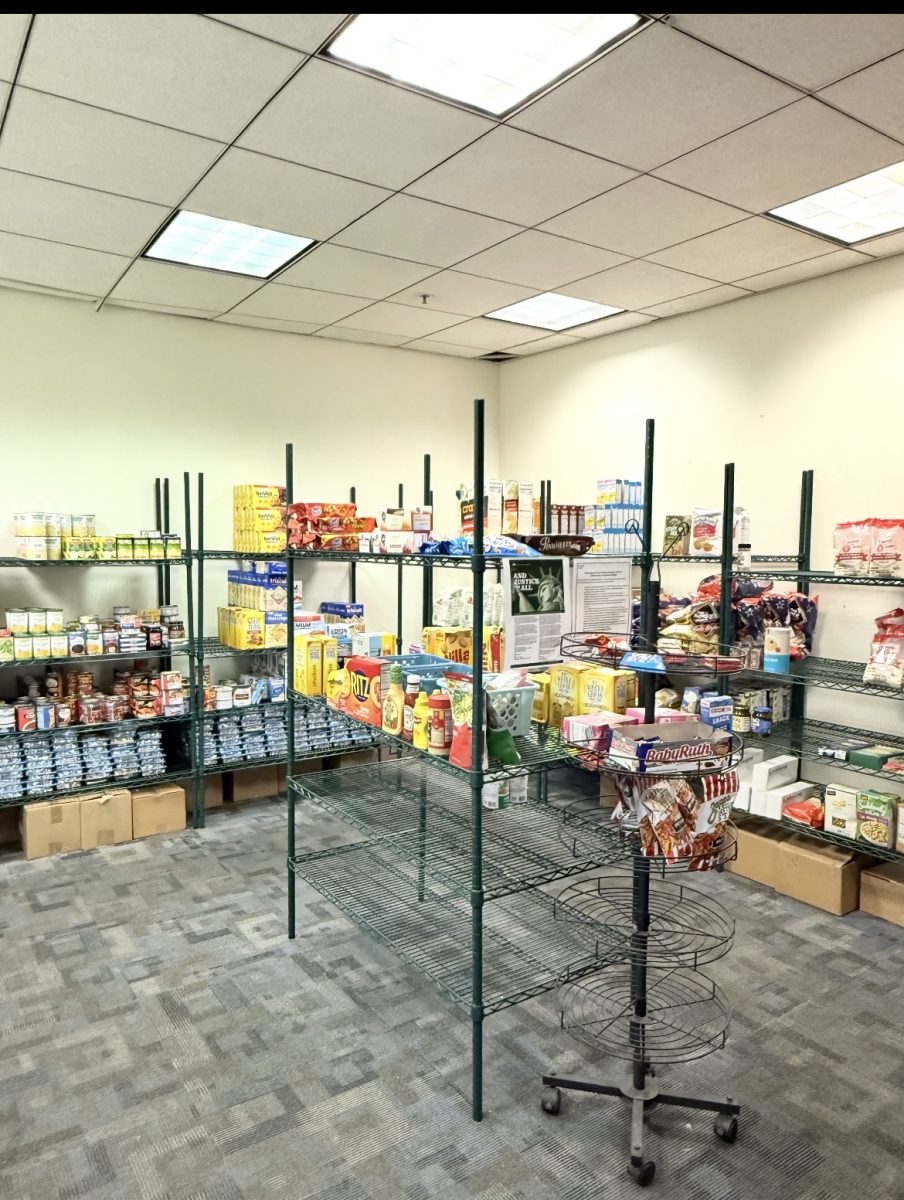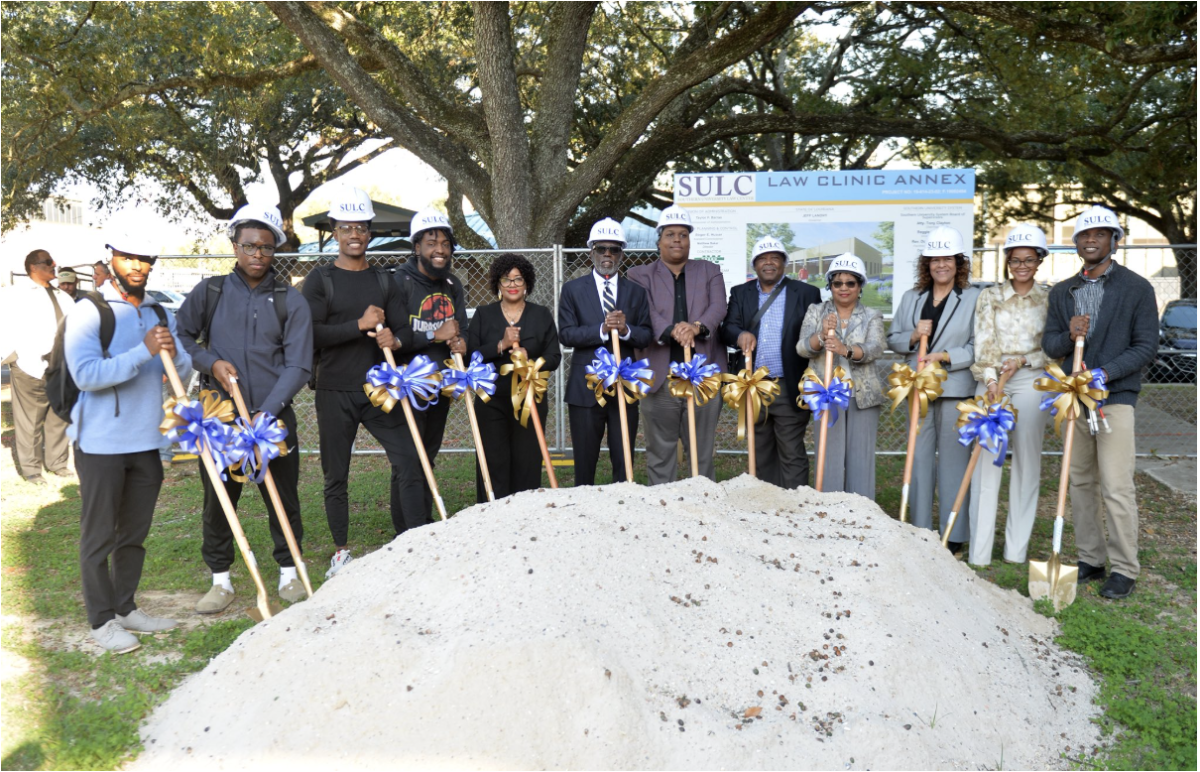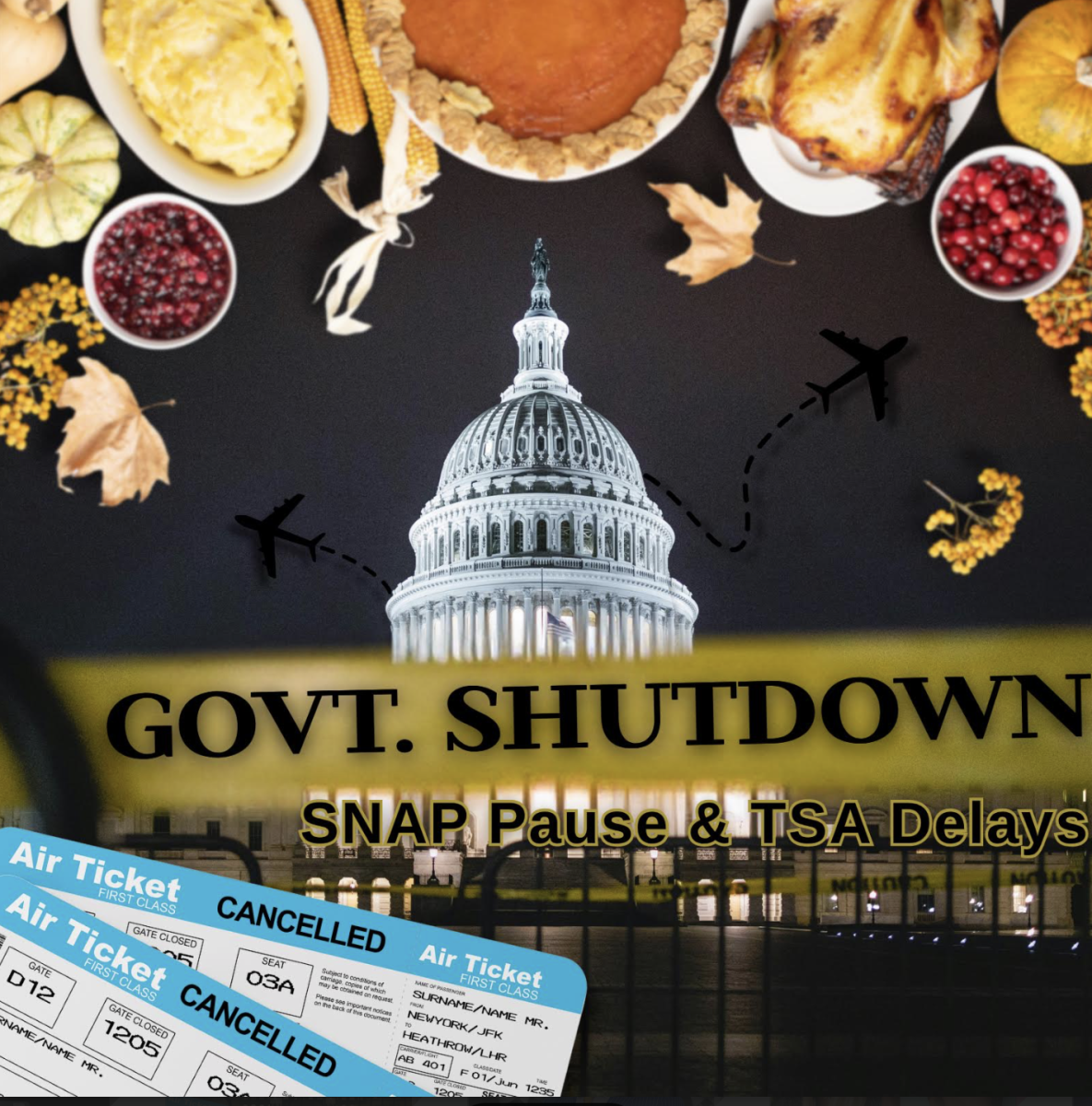While tens of thousands of Hurricane Katrina survivors were in New Orleans Monday waiting for help, George Stewart, an ex-Marine, said he set out on his own.
Before Katrina barreled into New Orleans, his wife, Joyce, 55, and her sister Jennifer Larche, 54, fled the storm. But Stewart, 57, who waited until he could wait no more, walked from New Orleans to Baton Rouge – approximately 85 miles – on La. Highway 61 South, better known as Airline Highway.
“I had rode out storms before but you couldn’t ride this boy out,” he said. “I put left in front of right and thank God I made it,” Stewart said. “I had to make it, it wasn’t no option. My instinct kicked in from military experience. It told me when you’re in enemy territory, you keep moving until you feel safe.”
During his military days in Vietnam, Stewart was equipped with gear camouflaged to throw off the enemy. But Hurricane Katrina had him wearing a different uniform. He weathered the storm wearing a pair of wind pants, a scruffy t-shirt and cross-training sneakers loaded with multiple pairs of socks.
“I didn’t feel safe there,” Stewart said. “It had too many people to die out there. If it wasn’t for my military experience I wouldn’t have made it.”
He said he walked through knee-deep filthy water as he left his home on Seville Drive in the 7th Ward. All he had was $15, the clothes on his back and a backpack with a similar ensemble of what he was wearing.
Stewart said he survived by drinking three-16 oz. bottles of orange juice purchased from a convenience store in LaPlace and praying 12 times a day. He said he rested on the road under bridges or sometimes under trees.
Along the way he said he picked up three rides, shaving off only about 20 miles of his journey. He said a Good Samaritan gave him one ride and he received the other two from police officers.
Two days later, he was at Southern University.
When he arrived in Baton Rouge Wednesday, Stewart – a Southern alumnus – sought help from an old professor, Dr. Raymond Lockett, chair of the history department.
“He looked like he was tired because he was sleeping on the streets,” Lockett said. “He didn’t know where he was staying, he thought he was going to be staying on the streets.”
Stewart had friends in Shreveport, so Lockett took him to the bus station, but routes were canceled. Then they tried getting a flight out of Metro Airport, but tickets were at least $500 and as high as $650. Furthermore, he would have to fly all the way to Atlanta and then back to Shreveport. That was an option Stewart chose not to exercise.
After Lockett made a few calls, Wednesday, Stewart was welcomed at the Wesley Methodist Center, located across from campus at 748 Harding Blvd.
As he sat at the center, the reality of the storm’s devastation brought tears to Stewart’s eyes.
“This has shook me more than Vietnam,” he said. “Because my family’s close to this thing. In ‘Nam, it was just me.”
More than 30 years later, Stewart is alone again. But he hopes not for long. He wants – like so many evacuees – to find his displaced wife and sister-in-law. As far as he knows, he said, they could both be as close as Baton Rouge or as far as Atlanta.
Stewart is reluctant to relive the aftermath of Katrina. He does not want to make anything of his journey. He said, right now his biggest need is money.
“One hundred dollars can carry me for a month,” he said. “I eat once a day, military style.”
Categories:
One man’s journey to safety
September 8, 2005
0
More to Discover




